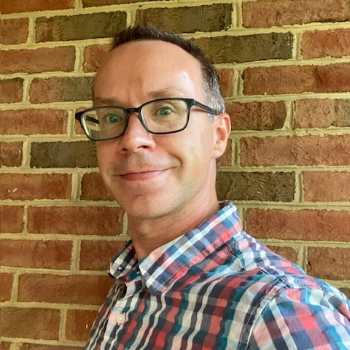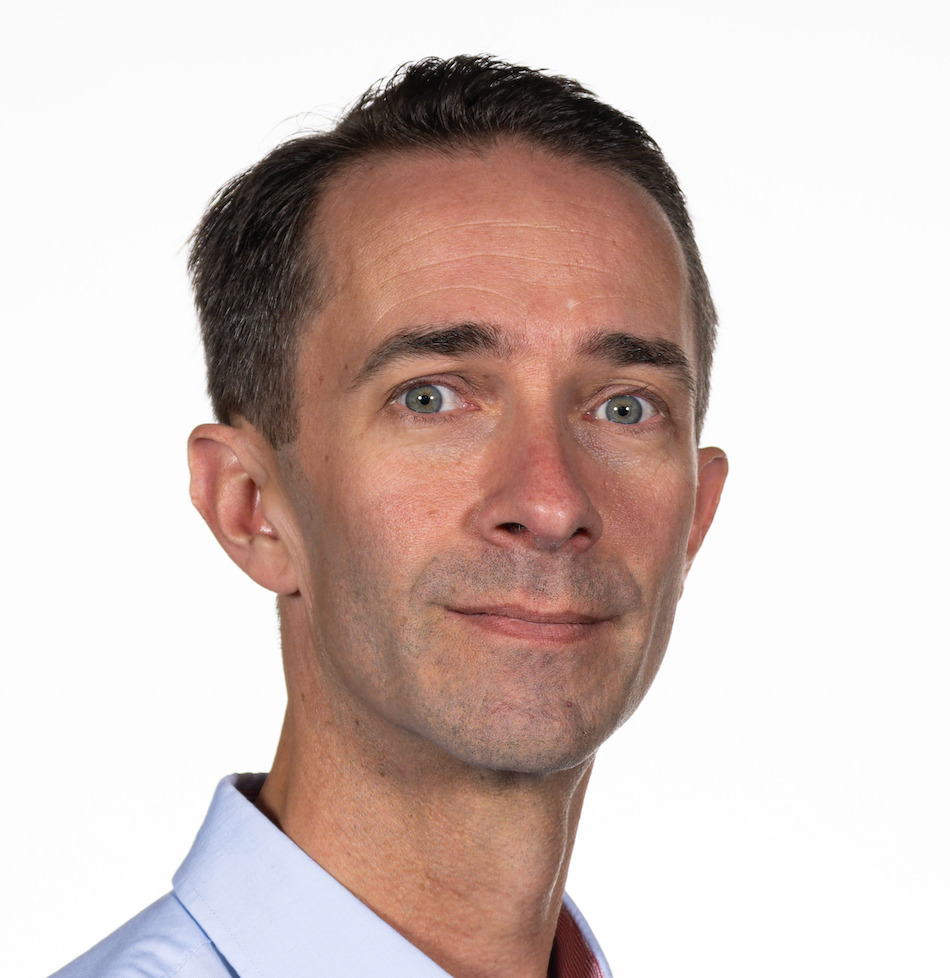Director of Graduate Admissions: Michael Slater
Email: Michael.Slater@georgetown.edu
View Dr. Slater’s GU Faculty ProfileAs the nation’s oldest Catholic and Jesuit university, Georgetown University maintains a deep commitment to intercultural and interreligious understanding.
Our Ph.D. program in Theological and Religious Studies aims to equip students to grapple with the intellectual and ethical imperatives of a multireligious and multicultural world—engaging questions of religious pluralism and interreligious encounter from varied historical and contemporary perspectives and with scholarly and public applicability.

Afro-Cuban Shrine for the Virgin of Charity (Photo by Joseph Murphy)
Our students research issues of religious pluralism in diverse ways. Some develop projects in comparative theology, studying with integrity the beliefs and practices of more than one religious tradition. Recognizing the other as “other” but not as “opposite,” such comparative study can engender mutual illumination among religious traditions where differences are as important as commonalities—opening up a fresh and rich understanding of one’s own tradition.
Other students approach interreligious questions through the methodologies of religious studies, exploring the historical and cultural significance of engagements within and between religious communities in particular moments of encounter. Finally, some students focus their research on pluralism and diversity within a particular religious tradition, whether by analyzing the relations between center and margins or by tracing the ways in which practitioners articulate alternative voices and views within their own religious idiom.
The doctoral program ordinarily requires five years of full-time study: two years for coursework, one year to prepare for the comprehensive examinations and the dissertation proposal, and two years for writing the dissertation. In addition, the program requires a reading knowledge of two languages apart from English, appropriate to the student’s field of study.
Thank you for your interest in Georgetown University’s Ph.D. in Theological & Religious Studies program. The Ph.D. Application Deadline is December 15th.
The program requires 36 credits in graduate courses, not including language study. Students who have completed a significant amount of relevant coursework prior to entering the program may be eligible for Advanced Standing. Credits are ordinarily distributed as follows:
Reading knowledge of two languages besides English is required. These languages should be relevant to the student’s fields of research, especially the dissertation. Reading competence may be demonstrated in three ways: (1) coursework equivalent to the intermediate level completed at an accredited institution; (2) acceptable translation of an appropriate theological or philosophical text to be done within two hours, with the help of a dictionary if necessary; (3) acceptable proof that the foreign language in question is the student’s native language.
Students should recognize that these requirements are only a minimum and that strong language skills are necessary in order to do sophisticated work in theology and religious studies.
The Graduate Program also supports our students through regular workshops aimed at assisting in their professional development. These range from how to develop successful CVs and cover letters to writing for scholarly publications and how to navigate the job market.
Furthermore, we make a concerted effort to prepare our doctoral candidates for teaching undergraduate courses in Theology and Religious Studies. To this end, our students act as Teaching Assistants beginning in their second year. They work closely with senior faculty to develop the requisite skills to prepare and teach general courses in Theology and Religious Studies, as well as courses in their particular areas of specialization. After students complete their comprehensive exams, they may teach their own undergraduate courses. This is an invaluable opportunity to gain teaching experience and one that we support through one-on-one faculty mentoring.

Email: Michael.Slater@georgetown.edu
View Dr. Slater’s GU Faculty Profile
email: bbd12@georgetown.edu
View Dr. Dotson’s GU Faculty Profile